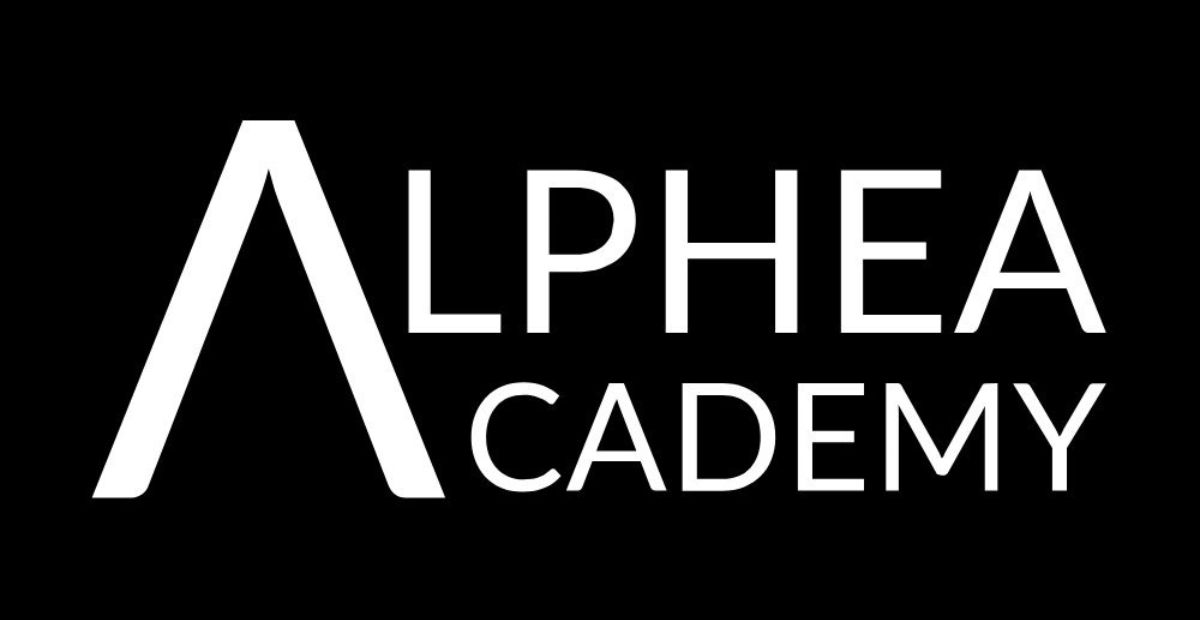Pitched to get the job

To avoid a pitch description that too often lands it in the "self-presentation" category, consider movie trailers. They give potential viewers an idea, but they don't reveal the whole film either, do they? This is called a teaser, and it has a different role. You know how fishermen use them? As "an object whose purpose is to create an agitation in the water likely to attract hunting fish". This is what your pitch should be: the teaser of your professional life to attract hunting recruiters.
When to use it? The pitch, which isn't reserved exclusively for job hunting, is useful in many ways in this context: during job interviews, trade shows and telephone interviews.
The ingredients
- 3 sentences maximum to reveal your background and training. Be careful not to fall into a too-smooth form that would make you look like Mr (or Mrs) Everyman... Fall instead into the opposite: immediately highlight what your background has unique. After watching a trailer, thinking: "Yeah... it's another action movie" is not a good sign... It's the same here. Don't let anyone think you're the umpteenth technical salesman...
- 3 key skills illustrated by 3 results. Ditto: don't detail anything. Just be synthetic. Are your interviewers going to have trouble grasping everything? Good, they'll ask you questions. And these questions can lead to dialogue.
- Indicate what you're looking for in one sentence. Forget about the notion of "professional objective", which tends to make speeches rigid. Instead, think about what you want and what gets you up in the morning.
- Add a personal touch. A savoir-être, a passion, a way of looking at your career,... It's a human who's wanted. Anything that humanizes your speech is therefore welcome. And don't forget that this final touch will be the last impression you leave on your interviewer.
The trick
After you've figured out what to do, don't neglect how to do it:
- Be authentic. It's impossible to pip and be yourself, so you have to choose. Either you've thought about what makes you different, and you're ready to assert it against all odds, or you're making a movie about what it would be nice if you were, and you're going to be strained by the need not to reveal yourself entirely. But your interlocutors will perceive these tensions...
- Elaborate your pitch by testing it with several people : one or two relatives or colleagues, members of your network if you're part of one.
- Then train so that you always have it in your pocket. Be ready to draw whatever the context.
- Structure it as a story (not a recitation). Keep an eye on its dynamism and aim to be interesting. No one looks forward to hiring a future soporific who will put entire teams to sleep in meetings...
- Avoid all technical terms. When you get into the details of your interviewers' questions, there's always time to show off your know-how.
- Look at your interlocutors and try to draw them into your story. Be available and open.
Because if one thing is certain, it's that in the time-honored phrase, this pitch... you're worth it, right?



